Optimal Timing for Retaining Wall Repairs
Timing plays a crucial role in the success of landscape retaining wall repairs. Proper scheduling can minimize disruptions, reduce costs, and ensure the longevity of the repairs. Weather conditions, soil moisture levels, and seasonal changes influence the optimal time for undertaking such projects.
Spring offers favorable weather conditions with moderate temperatures, making it suitable for repairs before the peak growing season.
Summer can be ideal due to dry weather, but extreme heat may impact certain repair materials and procedures.
Fall provides cooler temperatures and less rainfall, which can be beneficial for completing repairs before winter.
Winter is generally not recommended due to freezing temperatures and potential snow, which can hinder repair work and affect material performance.
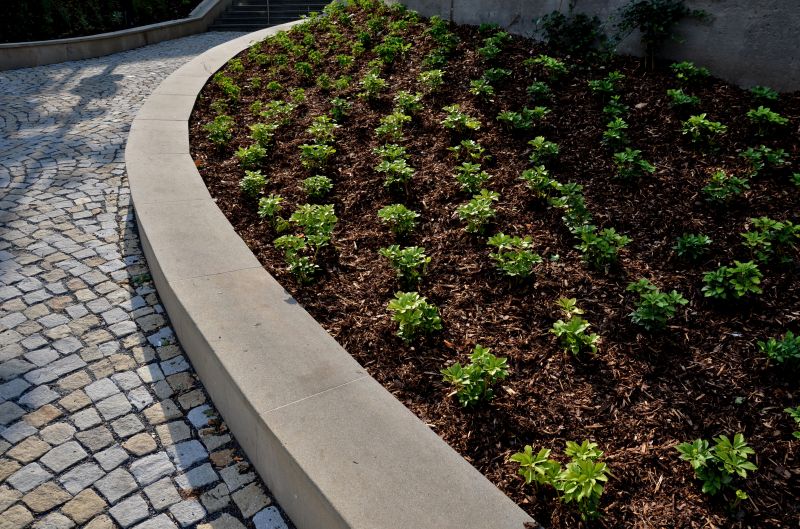
Ways to make Landscape Retaining Wall Repairs work in tight or awkward layouts.

Popular materials for Landscape Retaining Wall Repairs and why they hold up over time.
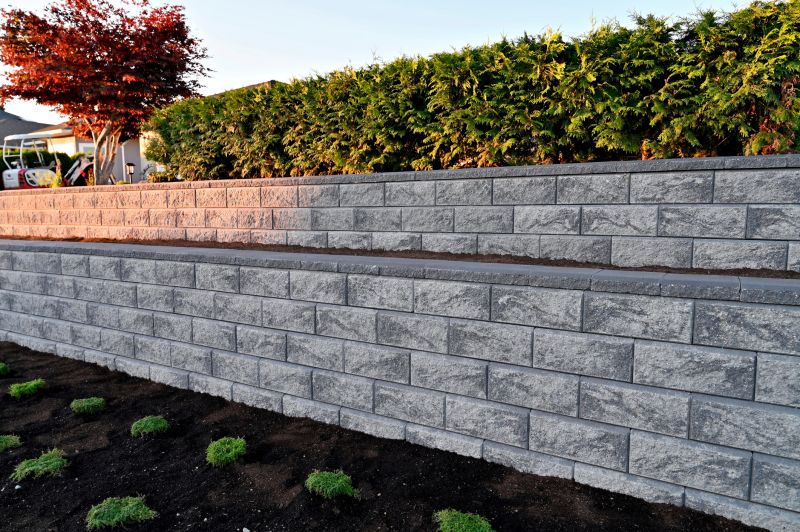
Simple add-ons that improve Landscape Retaining Wall Repairs without blowing the budget.
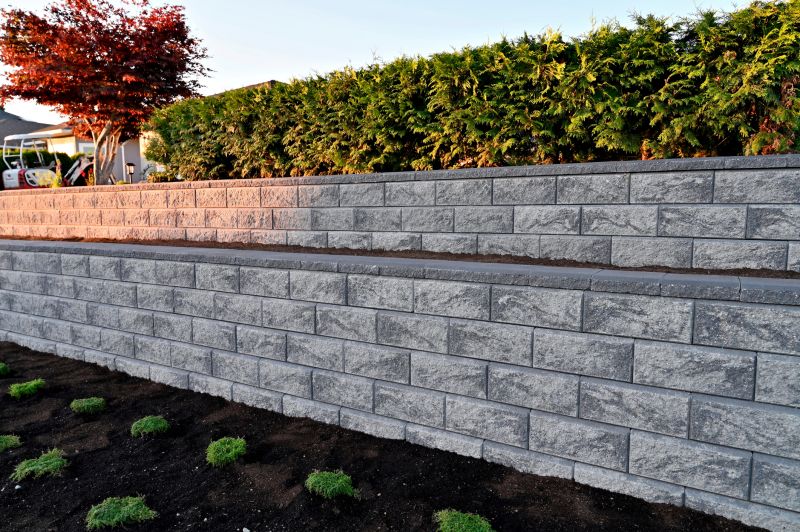
High-end options that actually feel worth it for Landscape Retaining Wall Repairs.
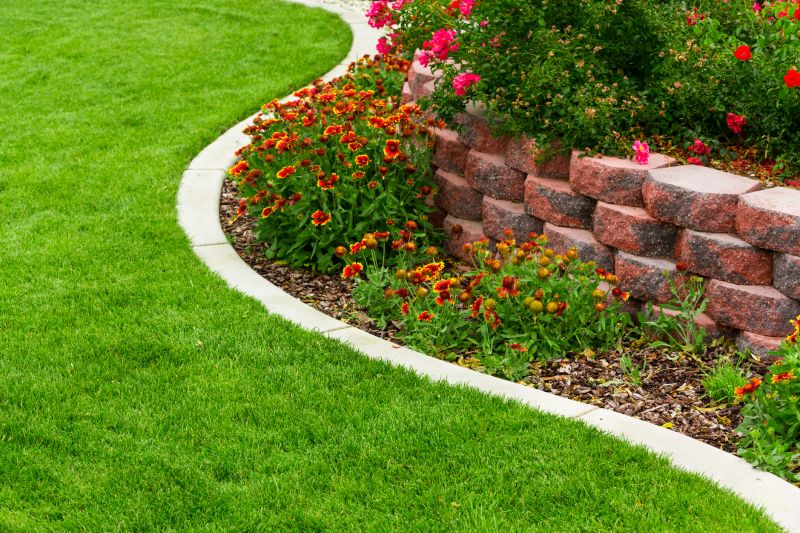
Finishes and colors that play nicely with Landscape Retaining Wall Repairs.
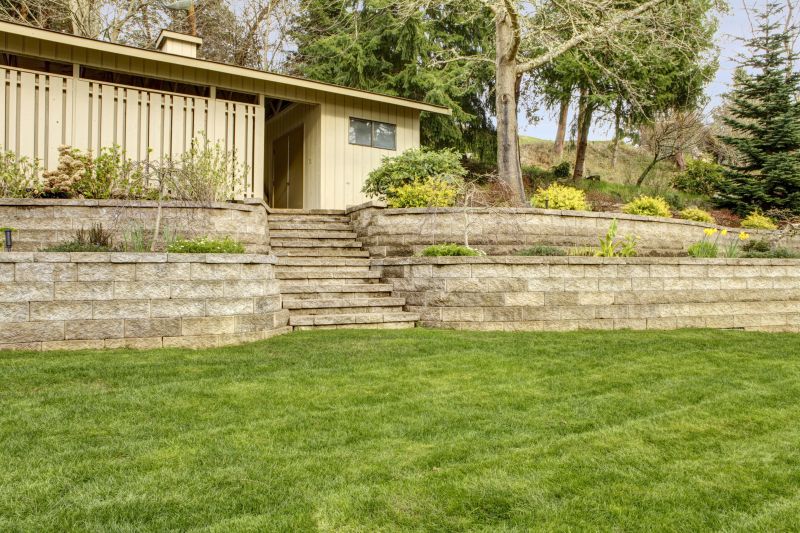
Little measurements that prevent headaches on Landscape Retaining Wall Repairs day.
Landscape retaining walls are vital for supporting soil, preventing erosion, and enhancing outdoor aesthetics. Properly maintained walls contribute to landscape stability and can increase property value. Regular inspections and timely repairs are essential to address issues like cracking, bulging, or shifting, which can compromise structural integrity.
Statistics indicate that retaining wall failures often result from poor drainage, soil movement, or material degradation. Addressing these problems promptly, especially during optimal weather periods, can prevent costly repairs and extensive damage. Planning repairs during suitable seasons ensures better working conditions and better material performance.

A 60-second routine that keeps Landscape Retaining Wall Repairs looking new.

A frequent mistake in Landscape Retaining Wall Repairs and how to dodge it.
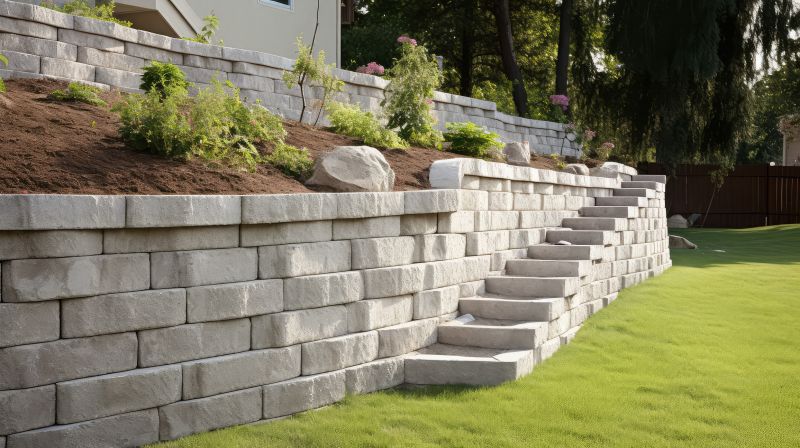
Small tweaks to make Landscape Retaining Wall Repairs safer and easier to use.

Lower-waste or water-saving choices for Landscape Retaining Wall Repairs.
| Season | Ideal Conditions |
|---|---|
| Spring | Moderate temperatures, less rainfall, good soil conditions |
| Summer | Dry weather, longer daylight hours, but avoid extreme heat |
| Fall | Cool temperatures, reduced rainfall, pre-winter preparation |
| Winter | Not recommended due to freezing temperatures and snow |
Interested in landscape retaining wall repairs? Filling out the contact form can provide more information and help schedule repairs during the most suitable season for specific needs.



